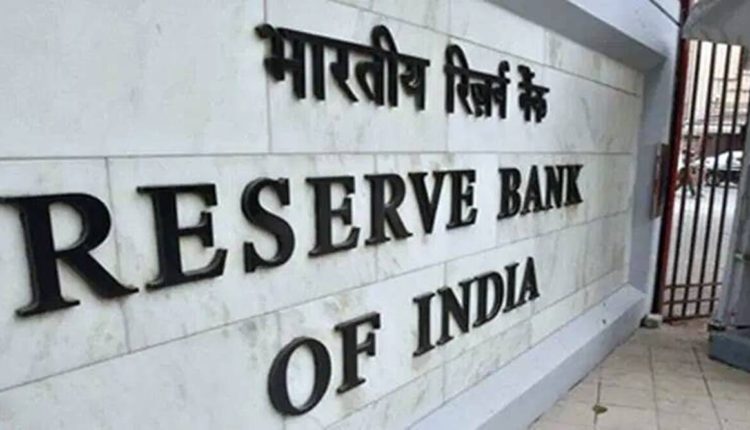Mumbai (Maharashtra), 8th Feb 2023: The Reserve Bank of India (RBI) has raised the repo rate by 25 basis points to 6.5%. This decision was taken during the central bank’s bi-monthly monetary policy review, where it assesses the current economic situation and takes actions to maintain financial stability.
The repo rate is the rate at which banks borrow money from the RBI in case of any shortfall of funds. By raising the repo rate, the RBI aims to control inflation and maintain price stability in the economy. The central bank has been closely monitoring inflation, which has been on the rise in recent months, and has taken this step to keep it in check.
This decision to raise the repo rate is expected to impact various sectors of the economy, including real estate, automobile, and consumer goods. The increase in the repo rate may lead to a rise in borrowing costs for these sectors, which could lead to a slowdown in their growth.
However, the impact on the common man is also expected to be significant. With the increase in the repo rate, banks are likely to raise their lending rates, which could lead to an increase in the cost of borrowing for individuals. This may make it more expensive for consumers to purchase homes, cars, and other big-ticket items.
Despite the potential impact on the economy, many experts believe that the RBI’s decision to raise the repo rate is a necessary step to keep inflation under control. The central bank has indicated that it will continue to closely monitor the economic situation and take any necessary actions to maintain financial stability.
In conclusion, the RBI’s decision to raise the repo rate by 25 basis points to 6.5% is expected to have a significant impact on various sectors of the economy, including real estate, automobile, and consumer goods. The central bank has taken this step to control inflation and maintain price stability in the economy.
Discover more from tennews.in: National News Portal
Subscribe to get the latest posts sent to your email.



